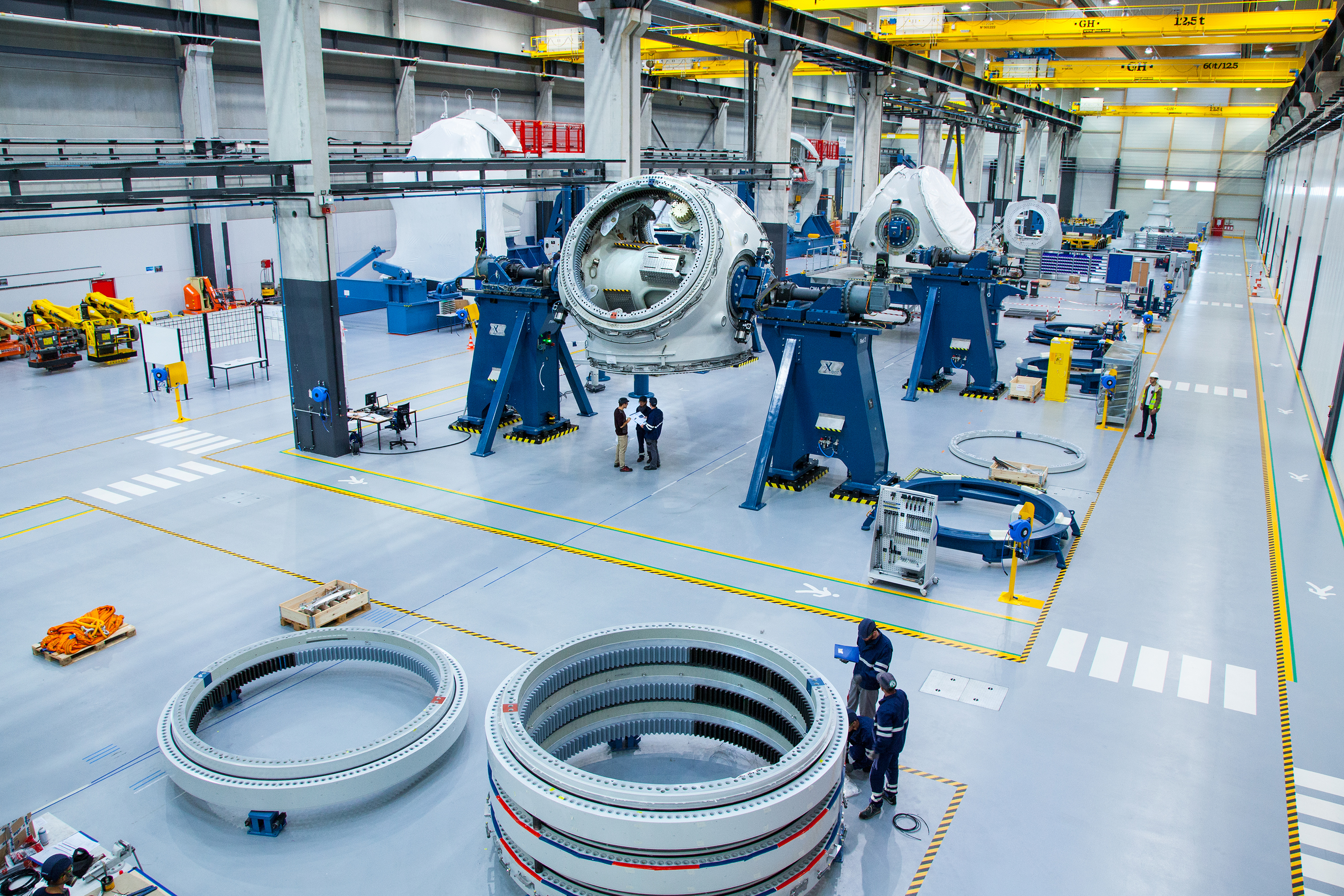15 November 2019
More Research & Innovation essential for decarbonisation & delivering a just energy transition

On 14 and 15 November the 13th Strategic Energy Technology plan (SET-Plan) conference took place in Helsinki. The SET-Plan provides an important framework to promote the EU’s goals in energy Research and Innovation (R&I).
To deliver on its ambitious climate and energy targets, Europe needs strong and fit-for-purpose innovation programmes. These will develop and improve technology solutions and applications, and support existing European supply chains.
The SET-Plan conference, co-organised by the European Commission, brings together all stakeholders in the energy R&I community to discuss what steps in technology and R&I will help Europe reach its 2030 climate targets and move towards a climate-neutrality by 2050.
This time, the SET-Plan conference focused on the decarbonisation needs of industry, the role and benefits of sector coupling and financing needs. Participants agreed that to reach the 2030 and 2050 goals we need a varied portfolio of energy solutions. Renewables-based electrification is important, but for some sectors direct electrification is just not an option. Alternative fuels and gases, such as hydrogen and ammonia, will be necessary to decarbonise the hardest to abate sector, notably the aviation and maritime transport sectors.
All participants stressed the importance of speed. Decarbonisation efforts are still insufficient, even at EU level. Compared to 2017, EU CO2 Emissions dropped with 1.4%. On a global level, emissions have never been higher (IEA WEO 2019). The deployment of existing low-carbon and carbon-free solutions must accelerate. We have the tools to make the energy transition a success, now it’s time to implement them at large scale. Electrification of heating and road transport are the lowest hanging fruit.
Still, we need more R&I to optimise existing solutions and develop new breakthrough technologies. To maximise impact, aligning efforts at private and public level is essential. EU public funding is only 8% of all European investment into R&I, so the question is how to lever private and national investments. Member States must specify their commitments on R&I in their National Energy & Climate Plans. In addition, a more robust budget for Horizon Europe and a comprehensive R&I pillar in the proposed Green Deal will send the right message and steer investment.
Participants also highlighted we must not forget the human dimension in the clean energy transition. It has to be just and inclusive. The energy sector needs to engage with consumers and citizens. Every transformation will have an impact on society, and could provoke civil opposition if not done right. Social acceptance is fuelled by a feeling of participation. New digital solutions will allow citizens and consumers to make informed choices on their energy consumption – and the impacts of those choices. Also, energy and carbon taxation should be revised to support the market uptake of low-carbon solutions.
Antti Rinne, Prime Minister of Finland opened the high level conference. Jean-Eric Paquet, Director-General, DG Research and Innovation and Ditte Juul-Jørgensen, Director-General, DG Energy of the European Commission gave key note presentations. All agreed that international collaboration in energy research is essential to deliver on the EU’s climate and energy targets for 2030 and to prepare for a climate-neutral economy by 2050.
The next SET-Plan conference will take place in Berlin on 23-24 November. Find out more about WindEurope’s work on R&I here

